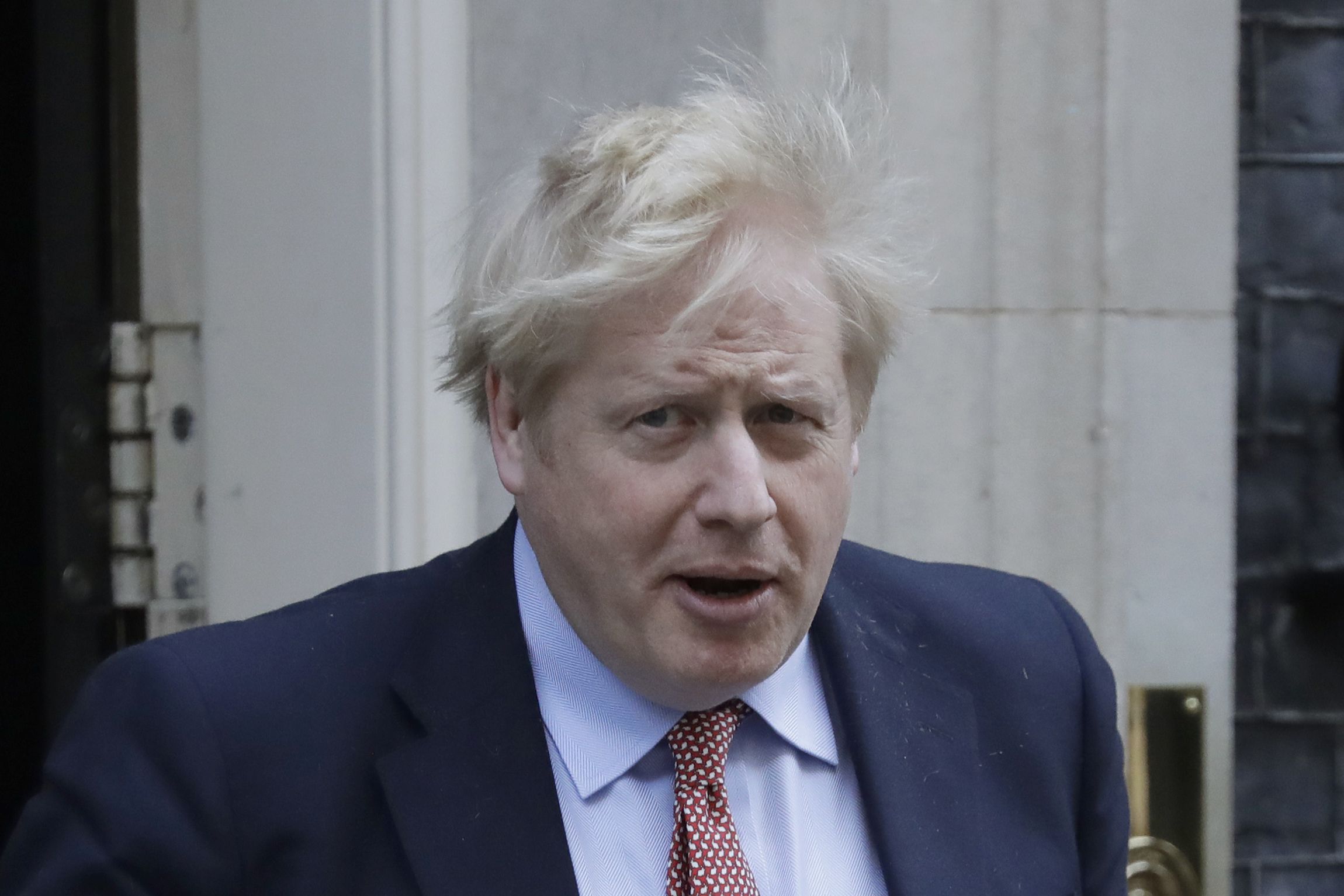Virus plunges Australia into first recession in nearly 30 years

Australia tumbled into its first recession for almost three decades with its pandemic-crippled economy shrinking a record seven percent in the second quarter, official data shows.
With vast swathes of the domestic and global economy shut down to contain the deadly disease, business activity suffered a catastrophic drop — despite authorities providing billions of dollars in support — not even witnessed during the global financial crisis.
“Today’s national accounts confirm the devastating impact on the Australian economy from COVID-19,” said Treasurer Josh Frydenberg.
“Our record run of 28 consecutive years of economic growth has now officially come to an end. The cause: a once-in-a-century pandemic,” he said.
The economy contracted seven percent in April-June from the previous three months, in line with government forecasts, the Australian Bureau of Statistics said. That followed a 0.3 percent dip. A recession is defined as two consecutive quarters of contraction.
Gross domestic product dropped 6.3 percent year-on-year.
“The June quarter saw a significant contraction in household spending on services as households altered their behaviour and restrictions were put in place to contain the spread of the coronavirus,” said ABS head of national accounts Michael Smedes.
Hours worked fell almost 10 percent while cash payments of social benefits rose more than 40 percent, both records, while imports and exports were also down.
The country was already reeling from a prolonged drought and massive bushfires that rattled the economy before the disease struck.
The government has stumped up tens of billions of dollars to fight the economic fallout from the pandemic and Frydenberg said the contraction would have been far worse without such support, which included payments to employers to avoid laying off staff.
“Today’s devastating numbers confirm what every Australian knows: that COVID-19 has wreaked havoc on our economy and our lives like nothing we have ever experienced before. But there is hope and there is a road out,” Frydenberg said.
Australia has confirmed almost 26,000 cases of the disease and 663 deaths, in a population of 25 million, and had successfully contained it in most of the country by July.
But an outbreak in Melbourne and its surrounds since then forced a new lockdown of five million people in the country’s second largest city, dragging on the recovery.
Borders between Australia’s states and territories also remain closed to most travel to avoid further outbreaks, hampering tourism and other key sectors.
Authorities expect national unemployment to peak at 9.3 percent in December and the budget deficit to blow out to almost a tenth of GDP by mid-2021.
Still, Frydenberg insisted Australia has been more successful than most in handling the crisis.
“This gives us confidence that as a nation we are better placed than most other nations, and that by containing the virus we can chart a pathway to economic recovery and we can leave the worst of the economic crisis in the June quarter behind us,” he said.
“But the road ahead will be long. The road ahead will be hard. The road ahead will be bumpy.”
SOURCE: AFP
PHOTO: A lockdown of five million people in Melbourne has compounded the problems for the Australian economy. AFP










